It’s estimated that in 2020, 2.3 million women were diagnosed with breast cancer. The good news though is that breast cancer survival rates continue to increase, thanks to earlier detection and a better understanding of the disease. And though just being a woman means you have a higher risk of being diagnosed with breast cancer, there are other factors to consider too. Understanding the risk factors associated with breast cancer (and other types of cancer) allows you to take care of your breast health better.
Let’s take a look at the factors that increase your risk of developing breast cancer.
Risk factors that you can’t change
Though, most of these factors can chalked up to genetics, if one or more of the below apply to you it is important that you follow all screening recommendations to improve your chances of catching the cancer early.
Getting older
Though women of any age can be diagnosed with breast cancer, the older you are the higher your risk is. It is estimated that 80% of women diagnosed with breast cancer each year are aged 45 or older, while about 43% are aged 65 or above.
Read more about why Black women should start getting mammograms sooner
Genetic mutations
About 5 to 10% of breast cancer cases are thought to be the result of gene mutations passed on from a parent. An inherited mutation of the BRCA1 or BRCA2 gene is the most common cause of hereditary breast cancer, which is why BRCA testing is crucial for women with a personal history of breast cancer so that you and your doctor can work together to manage your risk.
Having dense breasts
Women who have dense breasts are four to five times more likely to get breast cancer. This is because your breasts have more fibrous than fatty tissue though the reason for the link is unclear at the moment. It’s important to note that you can’t tell whether you have dense breasts by feeling them. A mammogram is the only way to tell if you have more fibrous tissue in your breasts.
A family history of cancer
Research shows that having a close relative like a mother, sister, or daughter with breast cancer almost doubles your risk while having two direct relatives triples it. And, having a male blood relative with breast cancer also increases your risk of the disease.
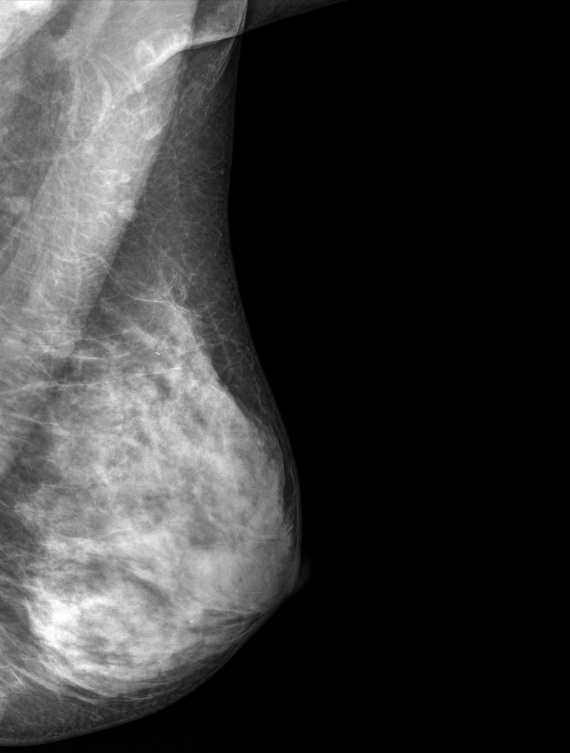
Having had breast cancer or certain non-cancerous breast diseases
Though more of a risk for younger women, your risk of developing new cancer is higher if you have been diagnosed with cancer before. This includes non-invasive cancer, invasive cancer or certain other types of cancer.
Radiation to your chest and face
If you received radiation therapy for other cancers when you were younger (before the age of 30), then you could develop breast cancer now that you are older. In fact, the more radiation you were exposed to and the younger you were when it happened, the greater their risk.
Reproductive history
Starting your period at an early age (before 12), having a child later in life (after 35) and going through menopause later in life (after 55) are all factors that can lead to a higher risk of developing breast cancer. Because breast cancer is hormone-driven, longer exposure to hormones like oestrogen and progesterone increases your likelihood of being diagnosed with breast cancer.
Exposure to DES
An oestrogen-like drug, diethylstilbestrol (DES) was prescribed from the ‘40s through to the early ‘70s to pregnant women lower the chances of miscarriage, but one of the side effects was a slightly increased risk of developing breast cancer later in life.
Risk factors you can control
Though there are some factors out of your control, there are others that put you at higher risk of developing breast cancer that, with a few lifestyle changes and help from professionals, you can control.
Lack of exercise
Research has found that regular physical activity for women past menopause reduces breast cancer risk. Though just how much you need is debatable, studies have suggested that just a few hours a week of exercise may be helpful.
More on why exercise is key to longevity
Alcohol consumption
Even a few glasses of Pinot during the week may be a problem. The American Cancer Society found that women who drink two or three drinks a day have a 20% higher risk of developing breast cancer. Alcohol has been known to increase oestrogen in the body which is why too much can influence your risk.
You might like: why alcohol and menopause don’t mix
Your weight
While weight is a personal issue, being overweight does contribute to your overall cancer risk – not just breast cancer. The higher risk is because fat cells actually make oestrogen. And if there’s an excess amount of fat, there’s an excess amount of oestrogen. Oestrogen can make hormone-receptor-positive breast cancers develop. It’s especially important to look after your weight during and after menopause, as your hormones are typically out of balance. Additionally, women who are overweight tend to produce more insulin – another hormone that increases breast cancer risk.
Taking hormones
Hormone-replacement therapy is God-send for many women going through menopause. But, long-term use of synthetic or bio-identical hormones increases the risk of breast cancer. So, it is important to discuss your options with your GP or hormone specialist when looking at HRT, especially if you have a personal history of cancer.
Just because you may have one or more risk factors doesn’t mean you’ll develop breast cancer, but the reverse is also true. You may have none and still have a chance of being diagnosed with it. No matter the case, adopting some healthy habits and monitoring your breast regularly already puts you in better stead!
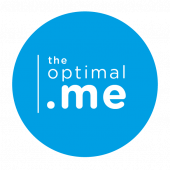



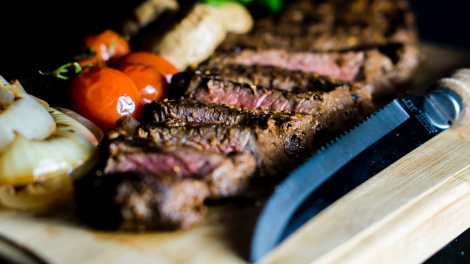
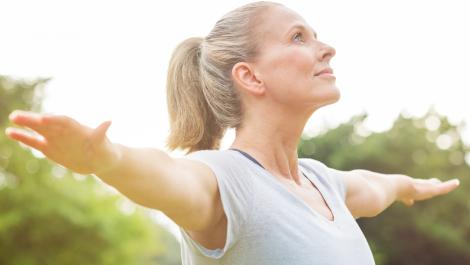
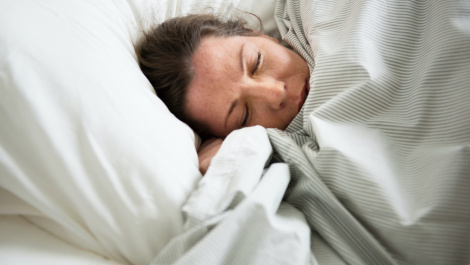
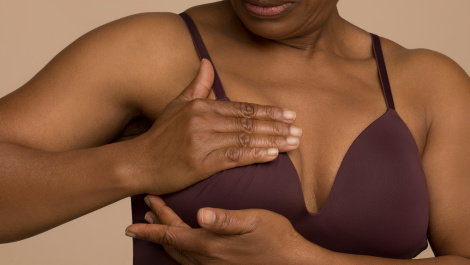
Comments